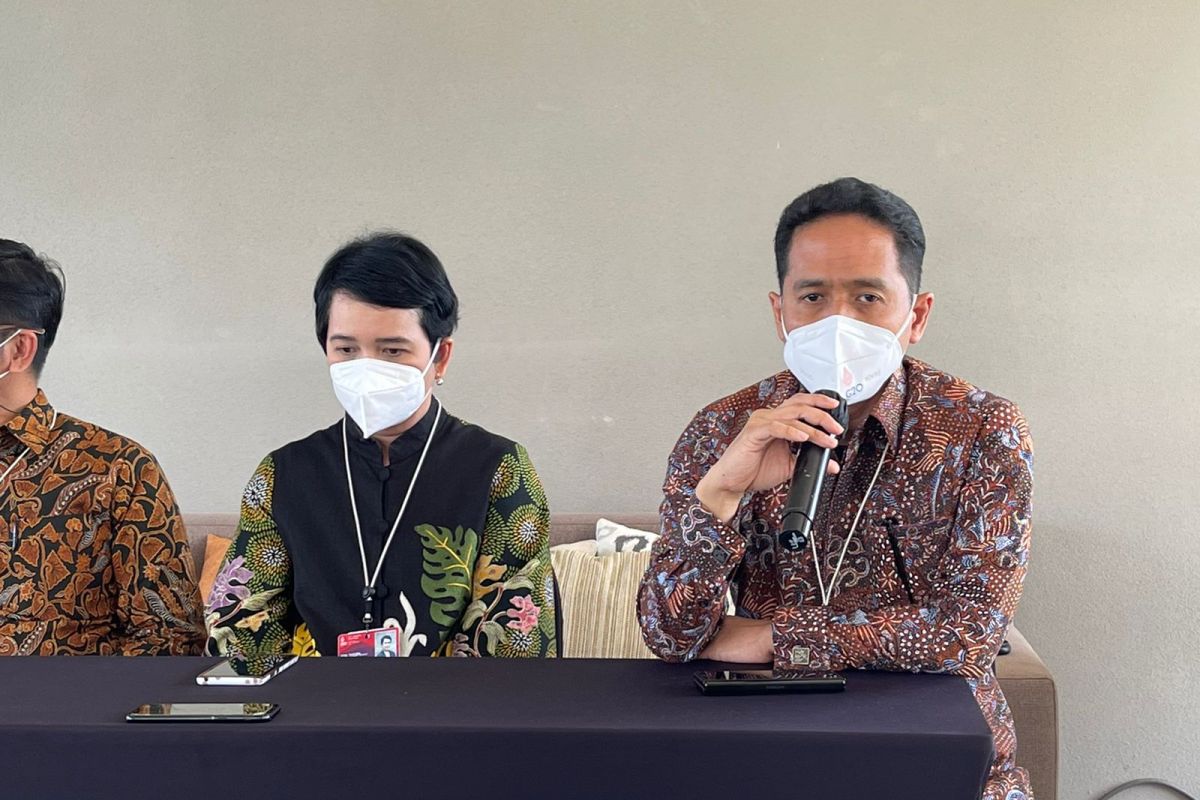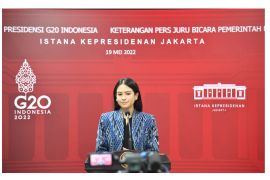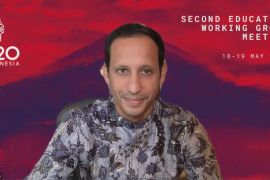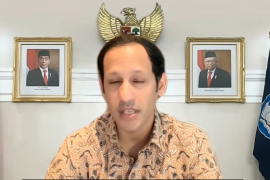The first issue is universal quality education, which aims to ensure that the education system provides fair learning opportunitiesLabuan Bajo (ANTARA) - The participants of the Second G20 Sherpa Meeting in Labuan Bajo discussed four priority issues covered by the G20 Education Working Group (EdWG), the Ministry of Education, Culture, Research, and Technology has informed.
"The first issue is universal quality education, which aims to ensure that the education system provides fair learning opportunities," Head of the ministry's Education Standards, Curriculum, and Assessment Agency Anindito Aditomo told the media on Monday.
The G20 Sherpa Meeting is a forum for G20 countries to discuss issues related to energy, development, tourism, digital economy, education, labor, agriculture, trade, investment, industry, health, anti-corruption, environment, and climate change.
Meanwhile, the Education Working Group (EdWG) is one of the working groups of the G20 that examines the factors facilitating or hindering the right to education and the achievement of higher education.
The first priority issue of quality education pertains to providing fair learning opportunities that are easy to access for all children regardless of gender, cultural, and socioeconomic background, Aditomo explained.
The second issue focuses on the role of technology in education, especially for providing quality education for all.
Aditomo said that all countries have agreed that technology has a very crucial role in providing equal access to quality education.
However, technology is not meant to replace teachers but to empower them to provide equitable learning opportunities, he added.
Related to the second issue, many countries, including Indonesia, have highlighted the challenges of technology. According to them, digital technology has gaps, both in terms of infrastructure access, ethical issues, and security issues.
Related news: Tourism recovery emphasized at G20 Sherpa Meeting in Labuan Bajo
Regarding the third issue, the meeting discussed solidarity and partnership based on a distinctive concept highlighted by Indonesia, namely mutual cooperation or gotong royong. Mutual cooperation could play an important role in achieving common goals.
Aditomo said that the concept was appreciated by many countries and became a theme that would be explored in reports and ministerial declarations.
The spirit of mutual cooperation, solidarity, and partnership is important to recover after the COVID-19 pandemic, he added.
"Because the pandemic shows that the fate of one nation is related to the fate of other nations, the fate of the community cannot be separated from other communities. We cannot rise up alone, we must rise together because only then can we maintain our respective goals," he remarked.
Related news: Vaccination certification recognition discussed at G20 Sherpa
The fourth issue relates to the future of work after the COVID-19 pandemic. Related to this issue, the meeting proposed an evaluation of the education concept at vocational, primary, and secondary schools.
Aditomo said that most countries contributed to answering questions and information regarding those issues. The report on these issues would reflect educational policies and practices that can serve as a reference for other countries in achieving quality education for all.
"Substantially, everyone has agreed, but there are ways of using terms and terminology that still have to be adjusted in the next meeting," he said.
The second meeting of the G20 Sherpas is being attended by delegates from 19 G20 countries, 9 invited countries, and 10 international countries in Labuan Bajo, East Nusa Tenggara (NTT). The meeting will continue till July 13, 2022.
Related news: Proud to join G20 Sherpa exhibition: MSME actors
Related news: G20 Sherpa encourages bolstering digitalization for economic recovery
Translator: Fransiska Mariana N, Resinta S
Editor: Fardah Assegaf
Copyright © ANTARA 2022












